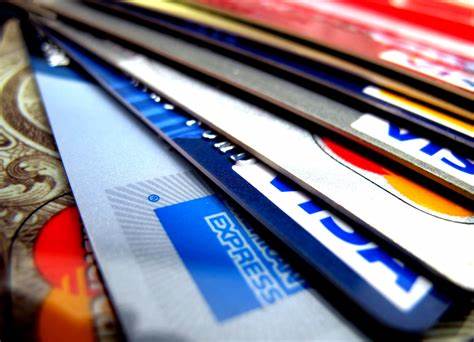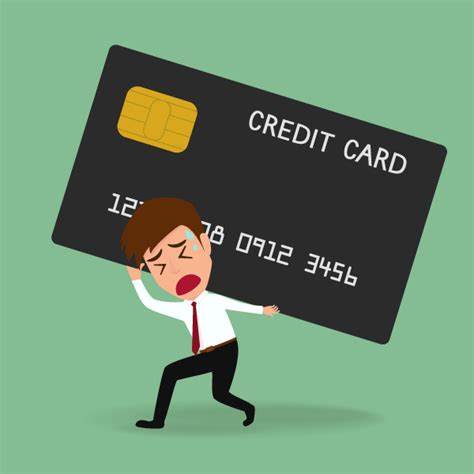Credit cards are a lucrative product of the bank. Although many laws have been passed over the past few years to regulate credit cards, issuers still generate more than $200 billion in credit card fees and interest each year. But many people, especially those who think they are saving money, never pay a penny to their credit card issuers. Here's a breakdown of where the money comes from and how to avoid paying too much.
 Debt consolidation is not a panacea for bad credit. But as time goes by, it may help you get back on track. If you have a few high-interest debts—such as credit card balances—debt consolidation allows you to get a new loan, repay the existing debt, and then repay the new loan on a monthly basis.
Debt consolidation is not a panacea for bad credit. But as time goes by, it may help you get back on track. If you have a few high-interest debts—such as credit card balances—debt consolidation allows you to get a new loan, repay the existing debt, and then repay the new loan on a monthly basis.When you combine debt, it is key to finding a loan term that is more favorable than existing debt – paying less interest can help pay off debt faster. Consolidation also allows you to reduce your debt repayments for multiple months to a month, which reduces your chances of costly mistakes such as defaults. Although a loan can temporarily lower your credit score, debt consolidation can help you increase your credit, and if you insist on paying on time, it would lower your credit utilization.
What caused bad credit?
The credit report is a snapshot of how you managed your credit and how you are doing it now. Lenders use reports to help them decide who they will lend and what conditions they offer. They use credit scoring as another way to measure how well you manage your borrowed money in the past and predict how likely you are to repay new credit.
Here are some of the factors that have a negative impact on your credit score.
- Arrears or delayed payments
- Use most or all available credit cards
- Have only one kind of credit experience, not a hybrid credit
- Short credit history (or no credit history)
- Have multiple recent hard credit queries on your credit file



